The co-founder of the Kudwa.org Association talks about his experience as a refugee.
Tell us a little about yourself...
My name is Mahmoud Assy. I am 23. I am a refugee from Egypt because I am gay and I lived very tough experiences there. I love light blue because it gives me peace and life. I moved out of home when I was 17 and when I was 21 I started a business venture that I continue until this day.
What would you tell people so they could know you a little better?
I would tell them I am an expert in diversity and inclusion and that I speak six languages. I would tell them I am not a vulnerable person, but I have lived situations where my rights were violated.
With my good friend Razan Ismail I created an NGO that is called Kudwa and works to create a truly inclusive space for all. I also work as a consultant for inclusion and diversity with several companies and NGOs.
Have you ever felt discriminated against for being a refugee?
Yes, I am that person who isn’t invited to a job interview because my name is Mahmoud, or I am the person who has to put up with jokes because I am lucky enough to be here and work here.
What made you flee from Egypt?
In September 2017, at a concert by the band Mashrou' Leila, more than seventy Egyptian youths were imprisoned for carrying LGBTI flags. Since then I decided to become an activist and to start speaking openly about LGBTI rights.
I started off as an activist posting videos and articles on social media. At that time I was in Romania, where I was studying, but when I returned to Egypt in summer to visit my family, I heard the police was searching for me so I had to leave quickly.
What would you say so people understand better what it means to be a refugee?
Refuge is a condition, not an identity. The media portray people who have fled their countries as a homogenous group and they aren’t. I carry the label of refugee, but that does not contribute to my identity. All this label says is that I fled my country, nothing else. If you want to get to know someone, you have to talk to them.
What has your experience in Catalonia been like?
During my life I have been struggling with alterity. In Egypt because of being a homosexual; in Romania for being an Arab; and in Spain and Catalonia for carrying with me the label of refugee. People are very quick at creating a history for you and I often feel they don’t let me speak.
And when they do, they limit you with questions that restrict your identity or who you are into a narrow and sometimes dehumanising vision. Despite all this, during my long journey I have met truly wonderful people.
What was the purpose for creating the association Kudwa?
Through Kudwa we aim to create safe spaces of inclusion so anyone can connect and improve, whether they were born here or not, because this generates a lot of fragmentation and doesn’t help unity.
At Kudwa we strive to help people to see the value of knowing others, whomever they are, because we have seen how different groups in society live apart and don’t interact, and we see this as a danger.
How do you help other refugees?
My goal isn’t to help people carrying the label of refugees. My goal is to help society. The society we live in today is very fragmented, made up of groups of bubbles that don’t connect to one another. It’s simple to think “these people are the problem” when there is nothing connecting you to them.
This fragmentation of society gives way to alterity, which in turn gives place to discrimination. I work with people who belong to society, teaching the value of getting to know the other and how this simple action allows us to live in spaces of trust, peace and prosperity.
What would you tell people reading this interview?
If you really want to contribute to global progress towards diversity; if you really want to generate a tangible change in society, then invite discriminated people to sit at your table, talk to them. If you don’t know how, count on me to help you do this.
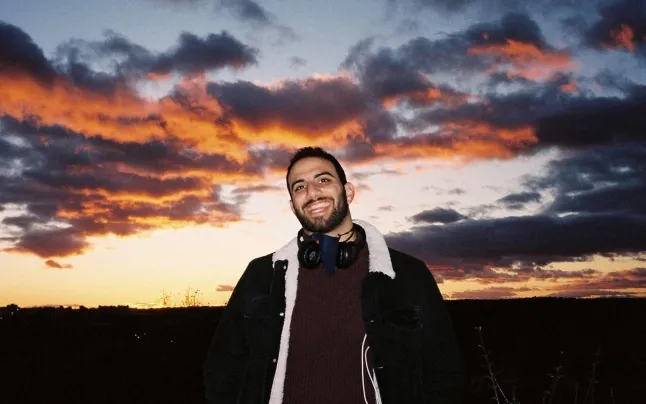


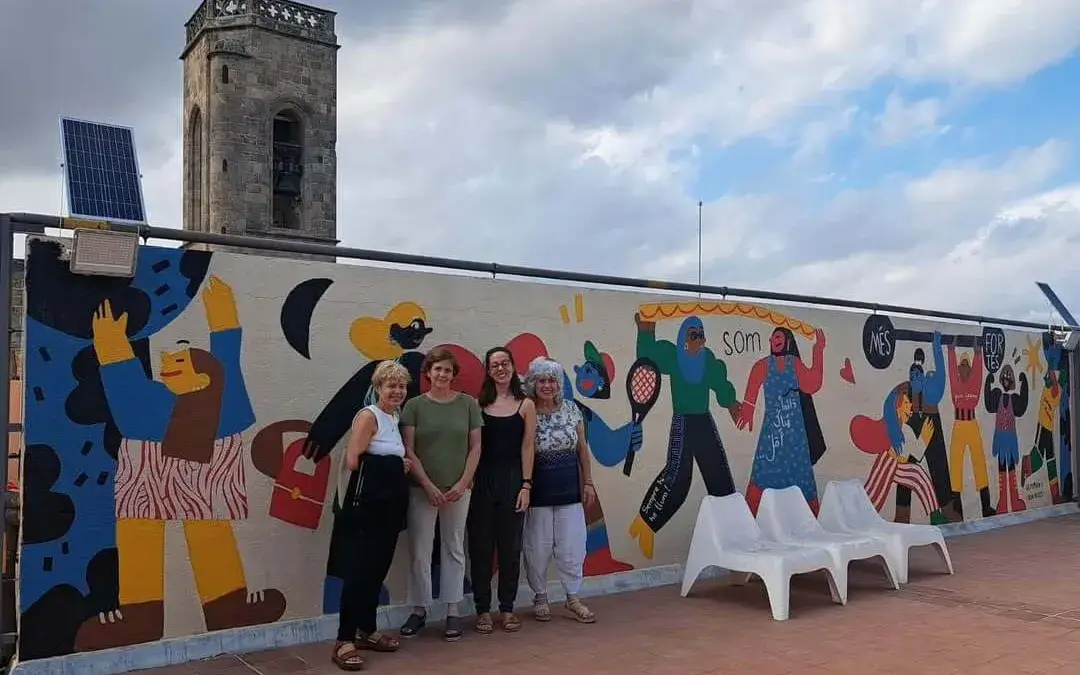
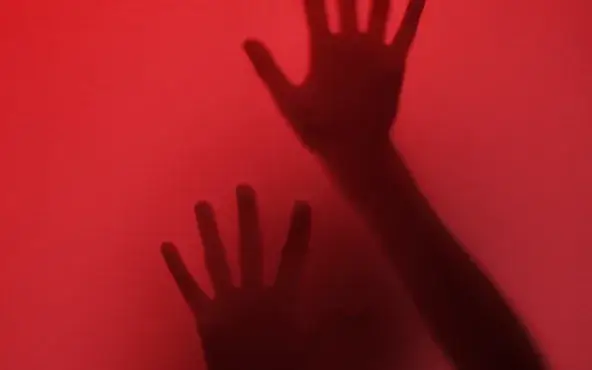
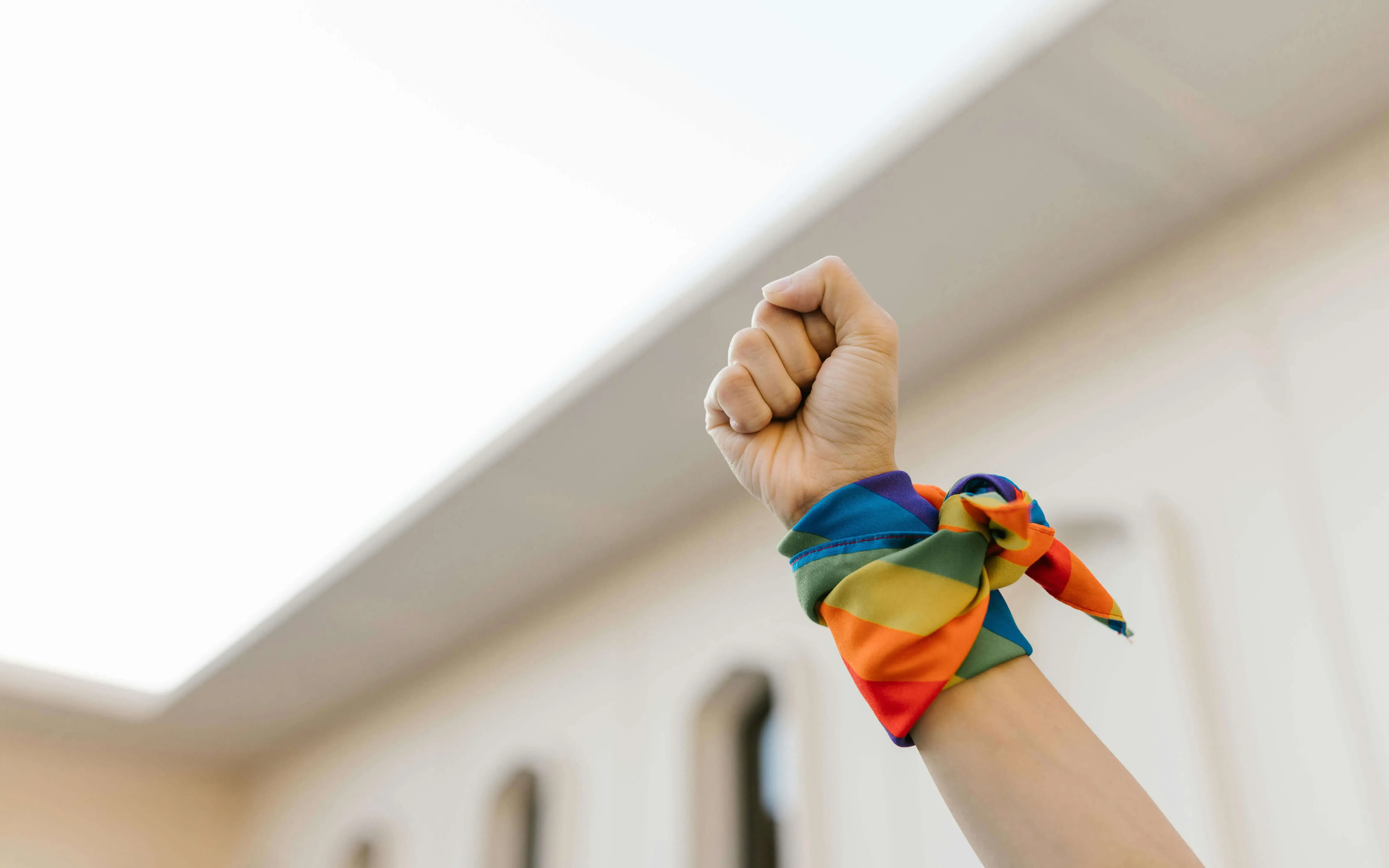
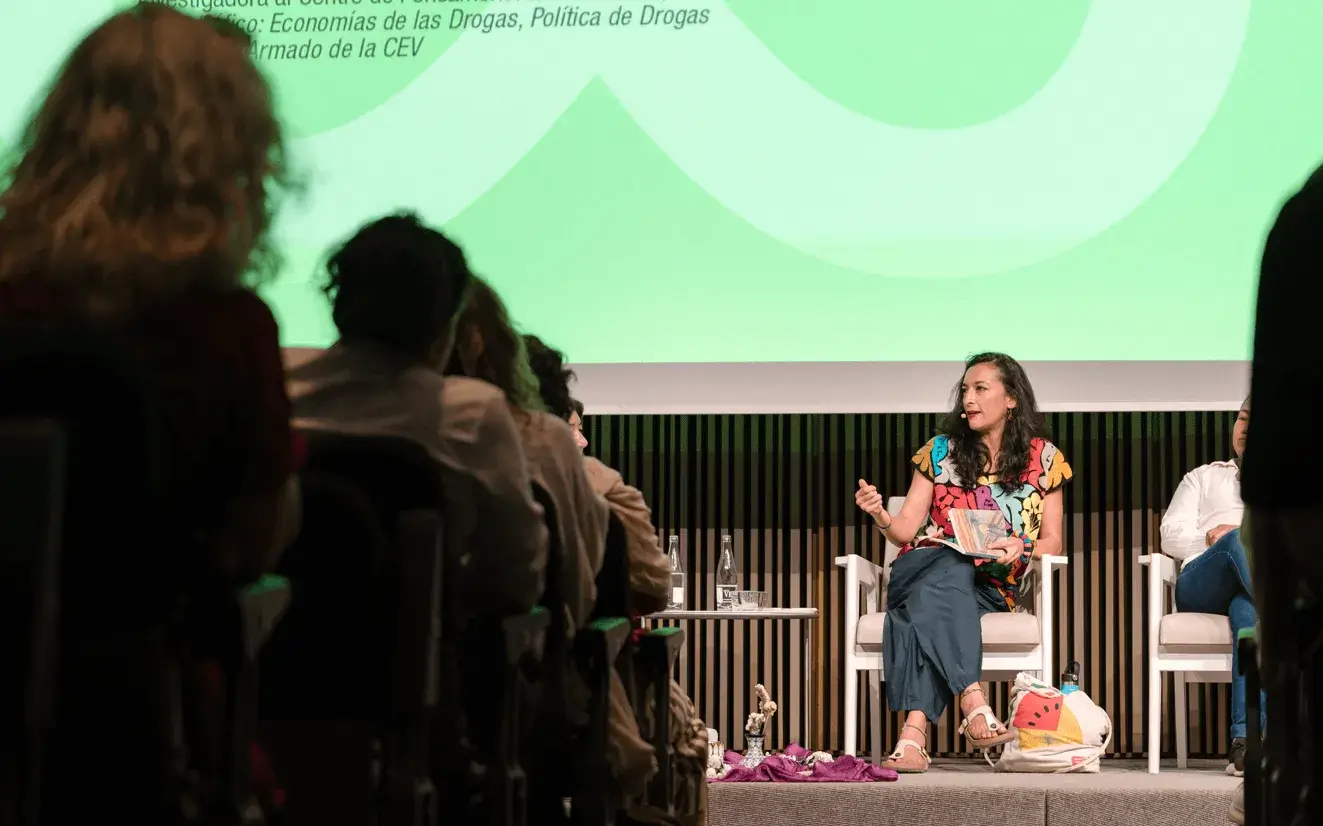
Add new comment